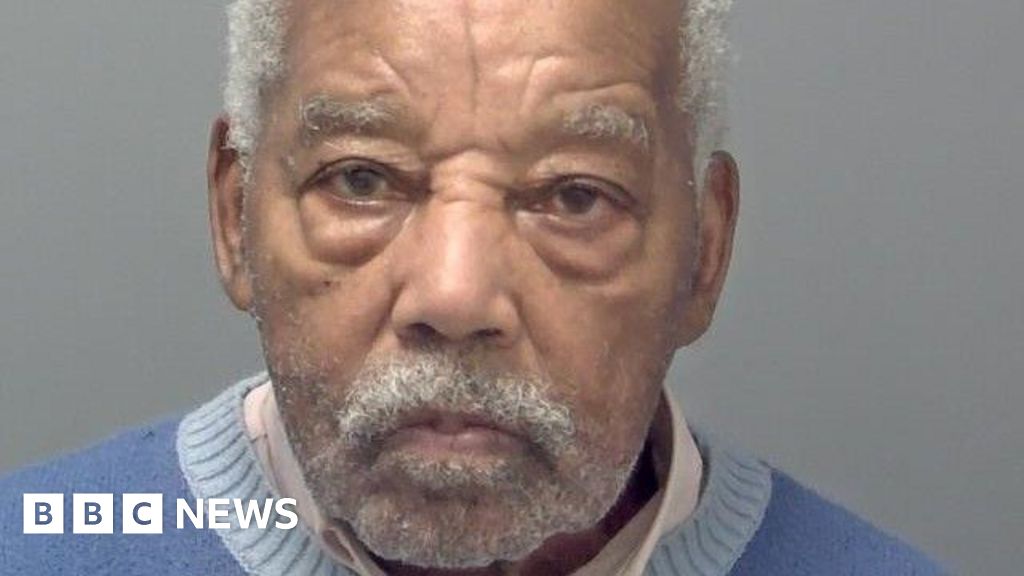The Republicans in Congress Who Are Opting to Self-Deport From Washington

Senator Thom Tillis, the North Carolina Republican, knows a thing or two about the power of health care at the ballot box.
In 2011, he became the speaker of the State House in North Carolina after a wave of populist anger over the Affordable Care Act swept Republicans into office across the country. In 2014, he defeated the state’s incumbent Democratic senator as voters who saw the election as a referendum on government competence in the wake of the health care law’s messy rollout handed the Senate back to Republicans.
So Tillis’s refusal to back President Trump’s signature domestic policy bill could be interpreted as a clanging alarm for a party that doesn’t want to hear it.
“Republicans are about to make a mistake on health care and betraying a promise,” Tillis said on the Senate floor on Sunday, blaming “amateurs” in the White House for encouraging Trump to back a bill that Tillis said would kick some 663,000 people off Medicaid in North Carolina alone.
Tillis had found himself squeezed between a key lesson of his career — don’t mess with voters’ health care — and President Trump’s biggest domestic priority. With Democrats eager to hold the measure’s deep Medicaid cuts against him, and Trump blasting him for wavering, Tillis decided there was only one option left: self-deportation from Washington (also known as retirement).
And he’s not the only one, as congressional Republicans reckon with the fact that even a modicum of independence from Trump can be politically untenable in their branch of government.
Earlier today, Representative Don Bacon of Nebraska, a Trump critic and a perennially endangered Republican who had nevertheless held onto his Omaha-area seat for five terms, officially announced his intention to retire.
“I’d like to fight for the soul of our party,” he said in an interview with The New York Times in early June. “I don’t want to be the guy who follows the flute player off the cliff. I think that’s what’s going on right now.”
Tillis’s and Bacon’s retirements create open seats in territory where Democrats are hungry to make gains.
The first Trump presidency prompted an exodus of moderate Republicans from Congress as the president set about transforming his party and as voters in competitive states and districts swung toward Democrats. Lawmakers like Senator Jeff Flake of Arizona retired, and Senator Dean Heller of Nevada lost, as did a slew of moderate Republicans in the House.
There are, as a result, fewer moderates left today. Senator Lisa Murkowski of Alaska is one of them; her self-deportation may not take the form of retirement, although she has dangled the possibility of switching parties.
But it’s worth noting that it’s not just moderates who feel they’re no longer welcome in Trump’s G.O.P. Senator Mitch McConnell of Kentucky — nobody’s idea of a moderate — found himself increasingly isolated in his party before he announced his retirement in February.
Tillis, too, has usually backed Trump to the hilt. He voted to acquit the president in his Senate trial after Jan. 6, 2021, and he set aside his misgivings to vote to confirm Pete Hegseth for defense secretary under pressure from Trump.
Tillis even sounded a lot like a pre-Trump Trump the night he was first elected in 2014, telling his supporters they had the opportunity to “make America great again.”
So much for all that.
The other Republicans who could revolt over Trump’s bill
Just four Republican defections would be enough to kill Trump’s domestic-policy bill in the Senate, and both Tillis and the fiscal hawk Rand Paul of Kentucky have already said they planned to vote against it.
My colleague Catie Edmondson rounded up this list of the other Republicans who remain undecided:
We are still poring over the results of the primary for mayor of New York, and I was struck by this graphic that showed by just how much the likely winner, Zohran Mamdani, changed the electoral map.
In the 14 days leading up to the registration deadline for the Democratic primary, about 37,000 people registered to vote, compared with about 3,000 people in the same period in 2021, according to an analysis by my colleagues Emma Fitzsimmons, Alex Lemonides and Irineo Cabreros.
Mamdani’s campaign, which focused on registering voters, appears to have drawn thousands of New Yorkers to the primary who did not vote four years ago.
Read (and see!) more here.
Bannon still doesn’t like Elon Musk
It might seem like Stephen Bannon, the longtime Trump adviser, has a lot to be happy about.
But in an interview with my colleague Jeremy Peters, who has reported on Bannon for years, he laid out what he sees as myriad threats to the Make America Great Again movement, including Fox News, Trump’s decision to bomb Iran, Prime Minister Benjamin Netanyahu of Israel, and the “broligarchs” who still bother him.
“I’m so anti-oligarch and anti-Elon and all these guys, I hate them,” he said, adding an expletive. “Although they are part of our coalition.”
You can hear the interview tomorrow morning on “The Daily.”
What's Your Reaction?
 Like
0
Like
0
 Dislike
0
Dislike
0
 Love
0
Love
0
 Funny
0
Funny
0
 Angry
0
Angry
0
 Sad
0
Sad
0
 Wow
0
Wow
0




































